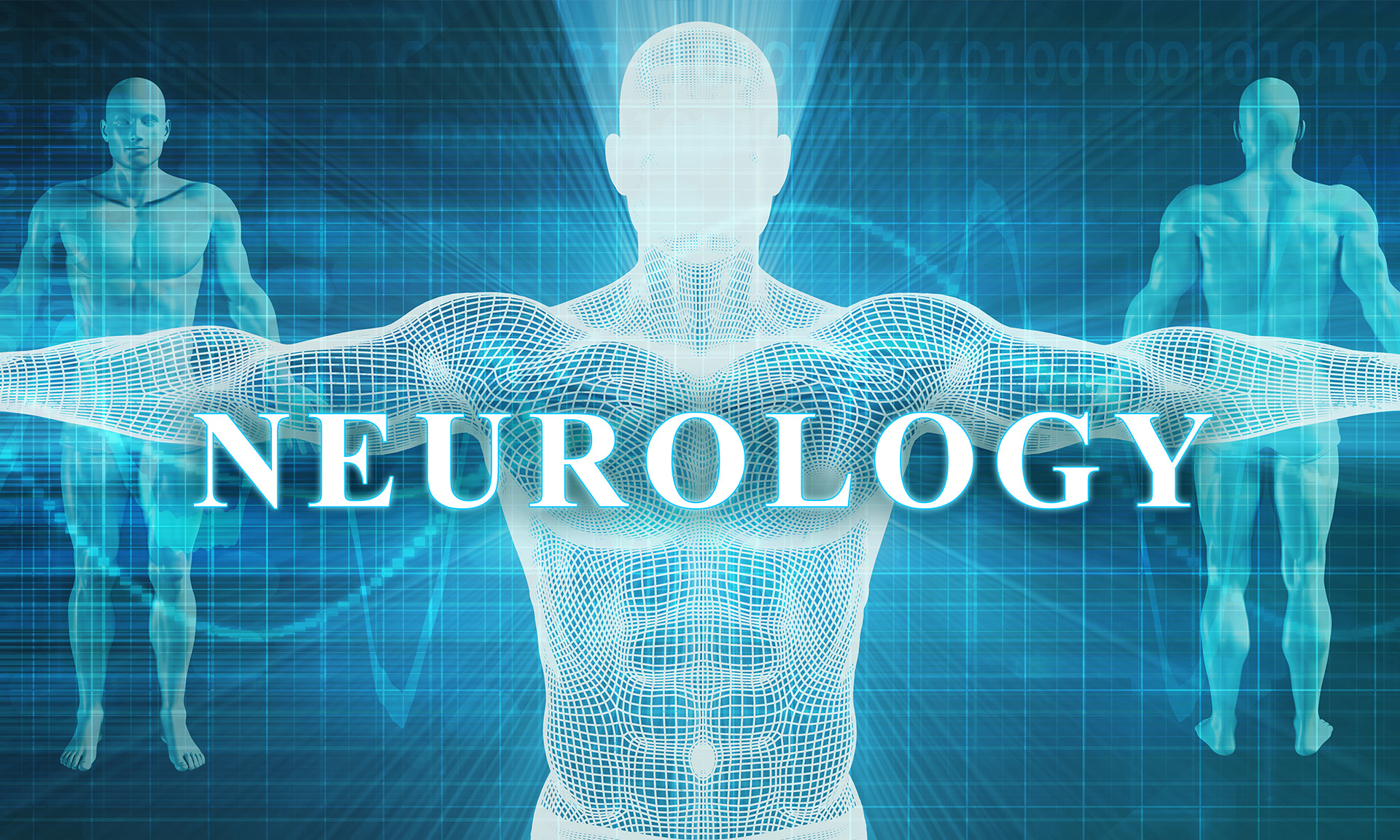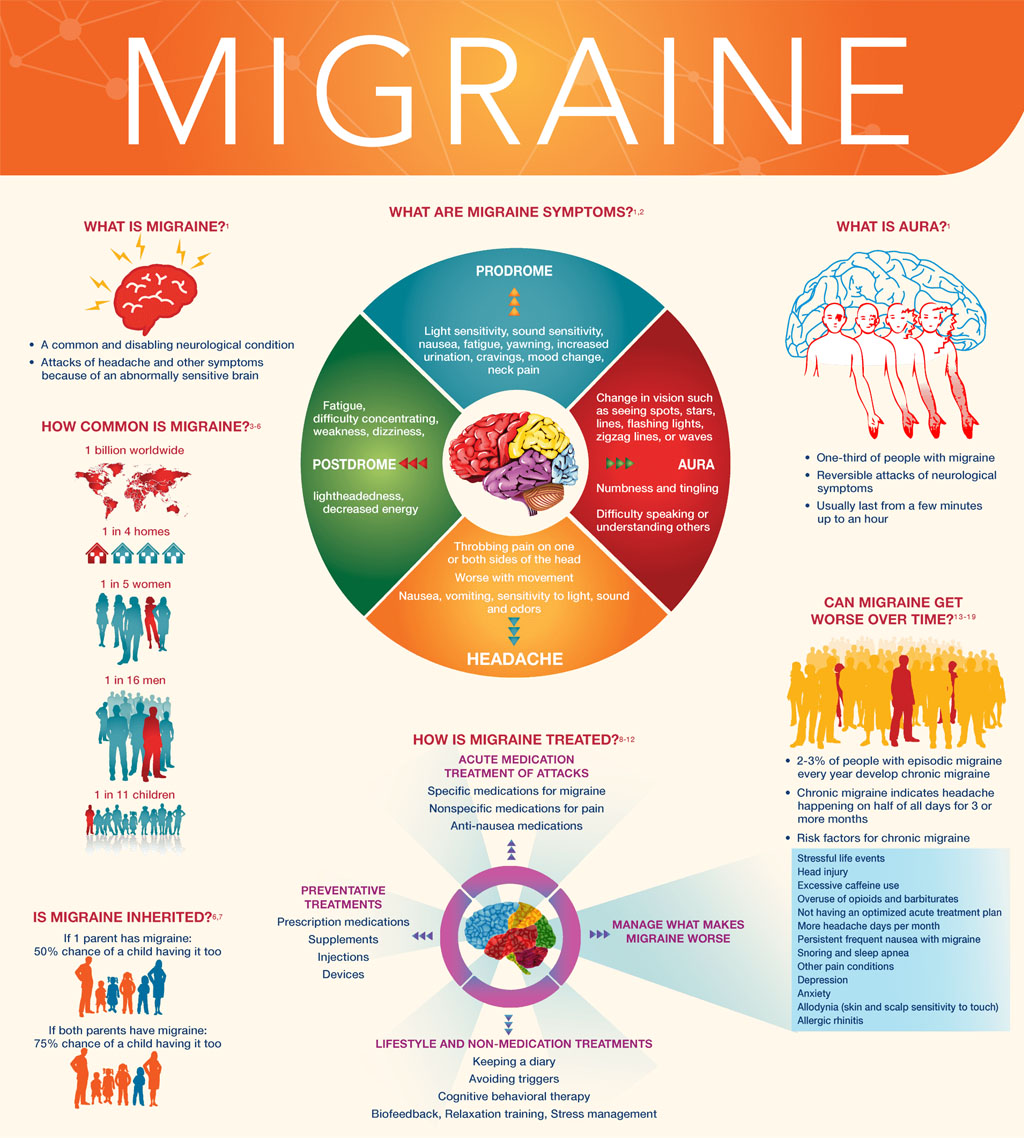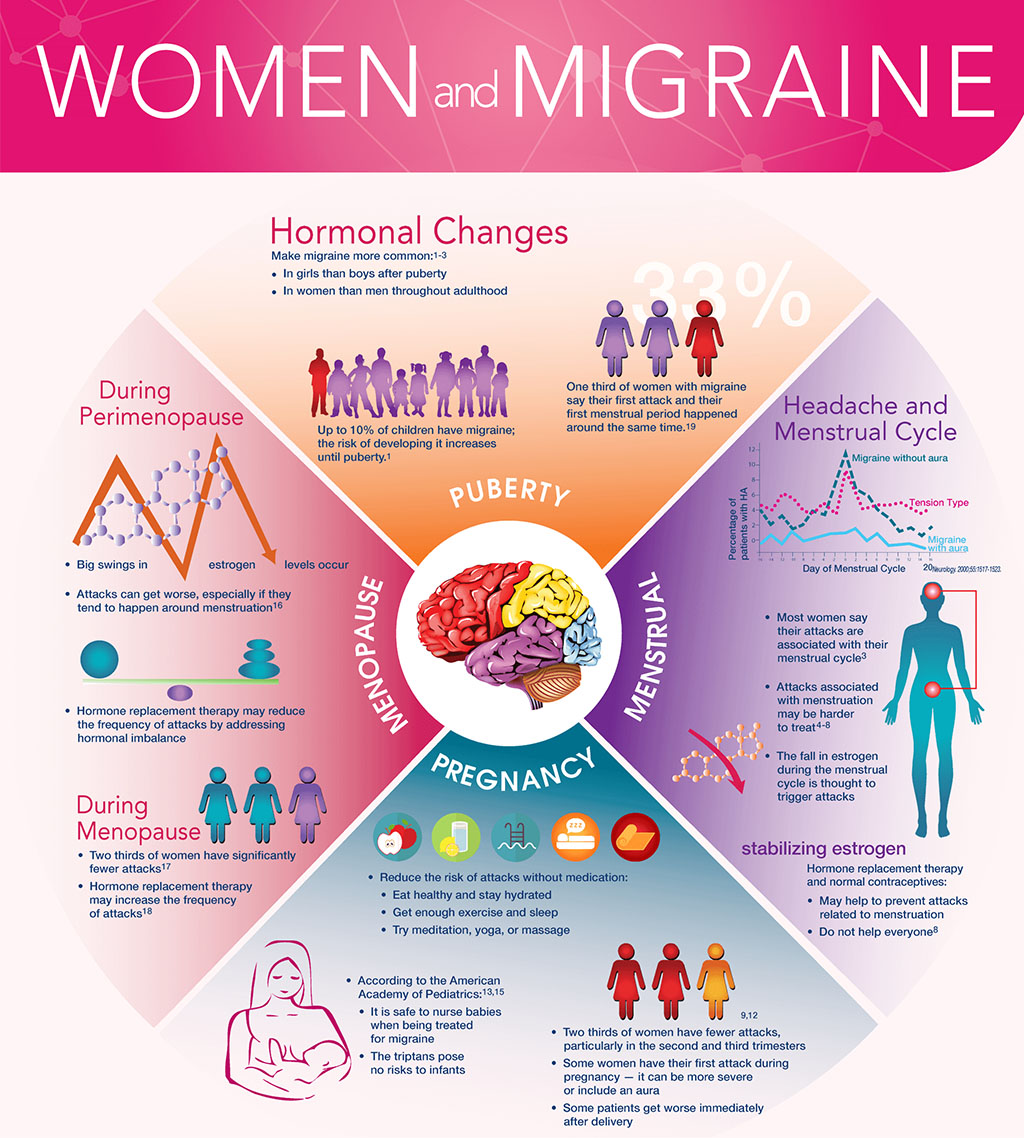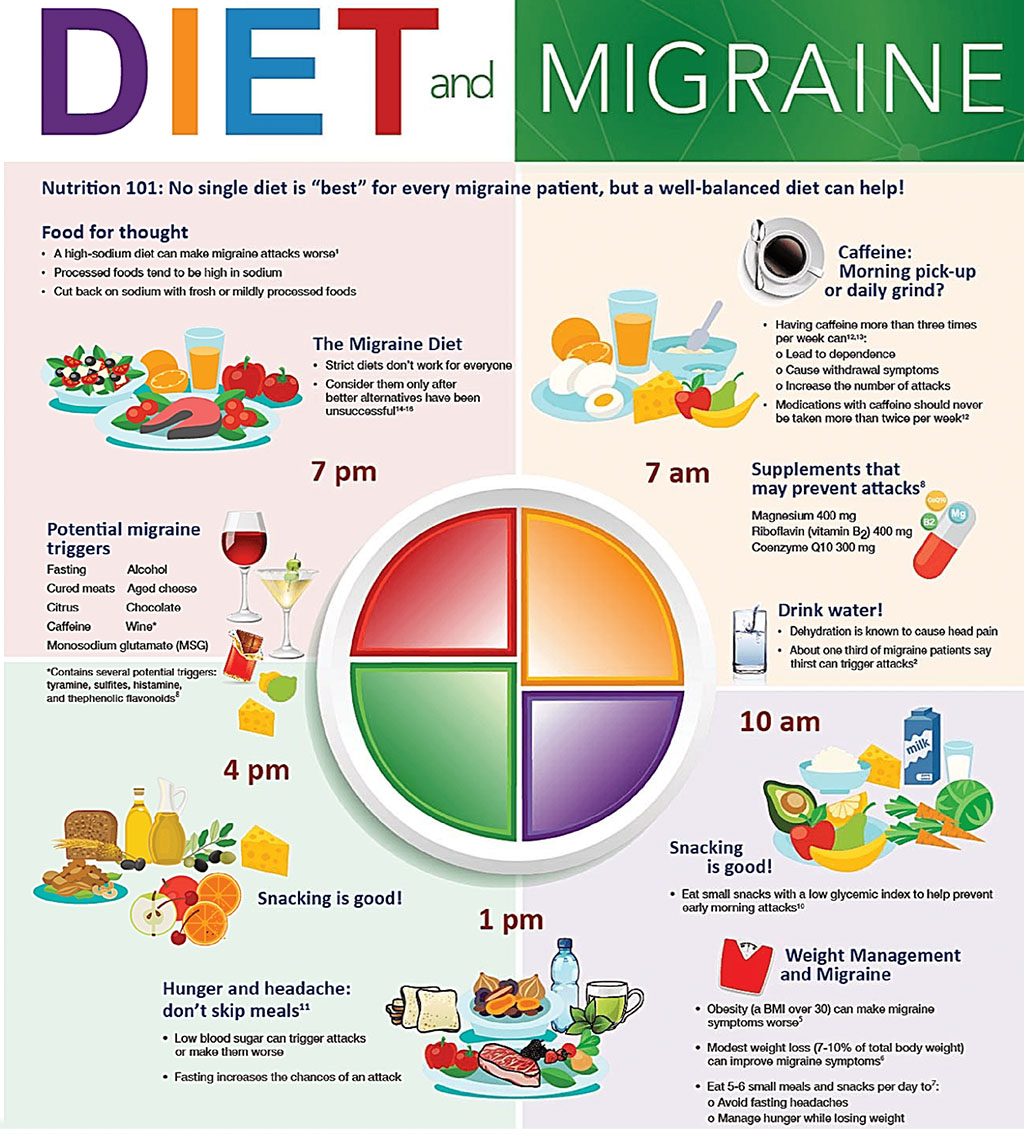
At the Westchester Neurological Headache Center, our treatment plans are uniquely designed to treat the individual suffering from headaches. We understand headache triggers and work with each patient to formulate a plan that will be unique to their condition.
Our headache doctors provide a comprehensive diagnostic work-up and review of health history prior to setting a treatment plan.
Many patients have seen a doctor in the past for their headache but have simply not found lasting relief. Fortunately, our headache doctors are skilled in a multimodal approach to accurately diagnose and treat your pain.
Successful headache treatment means:
When headaches interrupt your daily activities, you need to see a headache doctor trained in the diagnosis and specific treatments just for headaches. Our treatment plans are uniquely designed to treat the individual suffering from headaches.
We understand the various types of head pain and work with each patient to formulate a multimodal approach that will be unique to their condition.
Migraines are excruciating headaches that you get on a regular basis. The level of pain and the constant recurrence are the most important reasons to see our doctors.
Your individualized treatment for varies, depending on the severity of your pain. Some of the treatments include trigger point and Botox injections, IV infusions, nerve blocks.
At the Westchester Neurological Headache Center, our team of headache specialists works together to provide you with a comprehensive diagnostic work up which may include review of complete medical history, family history, laboratory testing done on site, allergy testing and radiology services.
No one headache is the same and therefore should not be treated generically. While primary care physicians are a good source for acute headaches, headaches that are persistent should be analyzed by a doctor with an expertise in the field.
Our team at the Westchester Neurological Headache Center focuses on providing patients with alternative integrative treatments to achieve headache pain relief.
According to the World Health Organization, headache disorders are among the most common disorders of the nervous system.
Migraines
Migraine pain is a mild to severe throbbing headache that can last for a few hours to a few days and can occur a few times per month. Migraines can also lead to various other symptoms including nausea, vomiting, dizziness and loss of appetite.
Patients who experience migraines are often sensitive to light, noise, smells and movement. Some patients who experience migraines have certain triggers that can start an episode of migraines.
Tension Headaches
Tension headaches are the most common types of headaches and are associated with the muscles surrounding the head, neck and shoulders. Muscle contractions, tightness or inflammation can cause tension headaches.
Tension headaches are the most common type of head pain. They’re usually relieved when you stop doing the activity that caused the discomfort. Tension headaches usually aren’t that serious, and only are considered serious when they occur frequently.
Cluster Headaches
Cluster headaches are the least common form of headaches but can be the most severe. Patients who experience cluster headaches often describe an intense throbbing or sharp pain behind the eyes.
Cluster headaches typically come in the form of an "attack" and can occur more than once a day during this attack. Cluster headaches may go away for a period of time but often come back.
Chronic Headaches
Chronic headaches are headaches that can last for days and get progressively worse, making them at times disabling.
Sometimes there may be headache free days, but if you find that you have a headache more days than not, these are often chronic headaches.
Primary chronic headaches can be attributed to tension, migraines, or other conditions
There are a vast number of illnesses and chronic medical conditions that can cause secondary headaches. The most common types of secondary headaches are:
Headaches are common. The pain from headaches hurts most everyone from time to time. But when headaches interrupt your daily activities, you need to see a headache doctor trained in the diagnosis and specific treatments just for headaches. With so many types of headaches, you need an accurate diagnosis before you can receive treatment.
Dr Emad Soliman— at the WNC Headache Center, with locations in Yonekrds and Mount Vernon NY — is a top headache doctor, the best in his field. With the latest and most advanced diagnostic capabilities and a deep understanding of the various types of head pain, Dr. Soliman not only relieves your headache pain but also teaches you how to avoid future episodes of debilitating pain.
Headaches typically fall into two categories: primary and secondary headaches. Primary headaches aren’t related to underlying medical conditions. Instead, they’re usually caused by structures in your head that are sensitive to pain or overactivity. The types of headaches that fall under this category include:
Lifestyle and diet choices are the usual culprits behind primary headaches. They can be caused by such as factors as:
The very definition of chronic headaches is that they are recurrent and painful. Chronic headaches are serious because they interfere with your ability to perform everyday tasks, such as go to work, exercise, take care of your family, and enjoy life. Fortunately, headache treatment is available.
Dr. Soliman personalizes the treatment for headaches at his headache center in Westchester. Because there are so many chronic headache and migraine triggers, causes and treatments, he performs the most accurate assessment to reach an accurate diagnosis.
He understands all aspects of migraine headaches, including:
First, find a headache specialist like Dr. Soliman, who narrows down the possibilities of what causes your pain. You need a firm diagnosis before beginning an effective treatment plan. Once your top headache doctor uncovers the cause of your headaches, treatment can begin. He uses a multimodal approach to offer an array of effective treatments, usually in concert with each other.
The dedicated staff at all the Westchester Neurological Headache Center locations provide compassionate, effective care. Dr. Soliman not only treats your pain, but teaches you how to prevent future headaches.
A migraine headache is an intense headache that can become so severe that it can disrupt your day-to-day life. Migraine headaches can be very painful but also cause a surplus of other symptoms not associated with a general headache. Migraines can also be a chronic condition and can be due to other factors.
What are the symptoms of migraine headaches?
While the symptoms of migraine headaches vary depending on each individual, the most common signs and symptoms of a migraine headache include: intense pain, throbbing or pulsing in one or multiple sides of the head, nausea, vomiting, and sensitivity to light and sound.
While some people only experience a migraine headache once in a while, for others, migraine headaches can be debilitating and/or chronic.
What are the most common causes of migraine headaches
The exact cause of migraine headaches is not fully understood. Many researchers believe that a migraine can be caused by a change in hormone levels in the brain.
Common triggers for Migraines include: stress, bright lights, smells, medications you are taking, lack of sleep or too much sleep, alcohol, and foods containing aspartame or MSG.
The first step in treating Migraines is to make an appointment to see one of our specialists to learn about your treatment options.
Migraine FAQ's
If you suffer from serious, chronic headaches, find a migraine specialist who understands the underlying issues that cause migraines — and who knows how to effectively treat your pain. Dr. Amr Hosny at the Advanced Headache Center, one of the best migraine doctors in New York and New Jersey, takes the time to listen to your description of the pain you’ve been enduring. He strives to find not only a treatment to stop your migraine pain but also a way to prevent them from happening again. This NYC headache center provides a number of convenient offices to better serve you. Search for migraine doctors near me to locate the closest facility. Then call to get started on the path to relief from migraine headaches.
Migraines are excruciating headaches that you get on a regular basis. The level of pain and the constant recurrence are the most important reasons to see top migraine doctors. Since different types of migraine headaches come with varying symptoms, only a headache specialist like DR Soliman can determine which type of migraine is affecting you and how to treat it. There’s no one-size-fits-all treatment for these recurring headaches.
Migraine specialists receive additional training in diagnosing and treating all kinds of headaches. At the Advanced Headache Center, with locations in Westchester NY, the best migraine specialists take a multimodal approach that takes all your symptoms into consideration, including:
More than 12 percent of Americans suffer from recurring migraines. Keeping a record of your recurring headaches helps your migraine doctor come to a quicker diagnosis, which means faster treatment for you. If you have a family history of migraines, visit the Westchester Neurological Headache Center nearest you at the first sign of unusual or recurring headache pain. Other risk factors involve:
Your family doctor may be able to help you with infrequent headaches, but when you suffer frequent migraine-strength headaches, you need to visit a migraine specialist like Dr. Hosny. At the best headache center in New York and New Jersey, the diagnosis begins with a medical and family history. Then your doctor asks about your individual migraine triggers.
Certain underlying conditions influence the chances that you may develop migraine headaches. Search for a migraine specialist near me to discover the specific causes of your headaches. Everyone is different, and causes vary widely. They may include:
While you may not have specific allergies, certain foods can still trigger headaches severe enough to require a diagnosis from your experienced migraine specialists. The primary goal of the best migraine doctors is to find your triggers so that you can use the knowledge to prevent headaches. Common food and beverages that may lead to migraines include:
At a top NYC headache center like the Westchester Neurological Headache Center, the best migraine doctors rely on state-of-the-art diagnostic techniques, keen observation, and the drive to learn what causes the headaches you’re experiencing. They understand the various stages of migraine and provide appropriate treatment for diagnosed conditions such as:
Additionally, the best migraine doctors have years of experience diagnosing and treating other types of chronic headaches that may or may not fall under the umbrella of migraines. These headaches may be just as debilitating as migraines. They include:
Treatments, like triggers, require a highly personalized process at your migraine center in Westchester NY. Your individualized treatment for migraines at the Advanced Headache Center varies, depending on the severity of your pain. Treatments offered by your NYC migraine specialists include:
For the best treatment in the New York City and northern New Jersey areas, contact the Westchester Neurological Headache Center . Dr. Soliman expertly diagnoses your migraine and recommends the most appropriate remedy. Put an end to your suffering. Don’t let your chronic migraine headache control your life; reach out today.
At the Advanced Headache Center, our approach to headache treatment is a multi-faceted, integrative approach aimed to provide headache pain relief and headache prevention.We have multiple headache centers across NYC and NJ with extended office hours to ease your scheduling needs.



Primary headaches are severe forms of headaches that can affect the quality of a patient's life if left untreated, or treated improperly.
Primary headaches are typically not dangerous but can severely impact a person's ability to live a normal daily life depending on the severity of their condition.
Headaches often occur and they do not always require medical attention. Some headaches can be attributed to fatigue, menstruation or can just be a random occurrence. If you experience headaches that are frequent or debilitating, that is the time to seek a headache doctor.
Symptoms that require immediate medical attention include:
Multimodal Approach
The multimodal headache treatment is often confused with rational polypharmacy. While similar, the multimodal approach offers multiple modalities of treatment including pharmacological & non pharmacological.
Rational Polypharmacy, Migraine Medications
Rational polypharmacy refers to the use of more than one medication to treat headache pain, especially when the pain is chronic. A headache specialist works with each individual patient to determine a course of treatment that makes sense for the particular pain at hand without adding adverse effects or creating dependency.
Trigger Points Injections
Trigger points are irritated and tight areas of muscle in the body that can be responsible for headaches when located in the head, neck or shoulders. This trigger point pain is often called myofascial pain. Trigger points can also be responsible for migraines and chronic headaches.
Botox For Migraines
Botox is FDA approved for it's efficacy in treating and preventing migraines. Botox injections may be administered in multiple injection sites surrounding the head and neck to decrease chronic migraine symptoms which can be debilitating.
Occipital Nerve Blocks
Occipital nerve blocks are injections directed into the tissue around the occipital nerves to decrease inflammation and swelling and pain. This type of treatment often provides headache pain relief for headaches localized in the back of the head as well as tension and migraine headaches.
Intravenous Infusions
Intravenous Infusions offer patients an alternative treatment for headaches. Many patients prefer to not rely on pain-killers or narcotic medication to ease headaches and gravitate towards safe and painless infusion therapy. Infusions for headaches reduce headache pain & often consist of magnesium, which is known to produce safe effective headache relief
Sphenopalatine Ganglion Block
Sphenopalatine Ganglion is a collection of nerves just behind the nose that is often responsible for chronic headaches and head pain. This Ganglion is linked to the trigeminal nerve, the main nerve involved in a headache, migraine or facial pain. The Sphenopalatine Ganglion block is frequently used for the treatment for migraines, cluster headaches, and facial pain. This minimally invasive procedure is performed in our outpatient center.
Physical Therapy
Physical Therapy programs can be an effective treatment option for most pain, it can be extremely effective and work quickly for the treatment of headaches. Treatments will be customized to fit your individual needs. Physical therapy can treat headaches that are caused by musculoskeletal issues including muscle tension and tightness, disc pathology, lack of neck motion, poor posture, and even tightness in the back between the shoulder blades.
Acupuncture
Acupuncture is a traditional form of Chinese medicine used to help alleviate many pain conditions. It can be very effective in the treatment of migraines and headaches. Acupuncture works by stimulating the nervous system and promoting a feeling of relaxation. In a typical Acupuncture session sterile, hair-thin needles are inserted into the body by a Certified Acupuncturist for anywhere from 10 to 30 minutes. Due to the thinness of Acupuncture needles, pain is not often experienced during an Acupuncture session.
Home Remedies for Headaches
If you’re just starting to get a headache, you may reach for the bottle of over-the-counter painkillers. That’s normal. But if the headache continues, you can try a number of home remedies for headaches that may work in lieu of pain-relieving drugs.
Treatments FAQ's
When you’re suffering an especially painful headache, you want migraine relief right away. Yet there is no one-size-fits-all miracle migraine cure because the source of your pain may be different from that of other sufferers’. Your best alternative is to consult with a specially trained and well-respected physician who gets to the bottom of your pain. After an accurate diagnosis, Dr. Amr Hosny — of the Advanced Headache Center in Midtown Manhattan, Paramus, NJ, and six other locations — provides a variety of acute migraine treatments that not only stop your pain but may help you avoid future episodes as well. Call the center today for the best migraine relief.
If you’ve consistently suffered excruciating headaches, it’s past time to seek the best migraine relief treatment. Even though untreated migraine headaches lead to devastating medical and social consequences, the condition is often undiagnosed or misdiagnosed. Millions of people suffer in silence despite the debilitating toll this disorder takes, degrading your quality of life.
Visit an NJ or NYC headache center if:
An early diagnosis gets you fast and effective treatment. Dr. Amr Hosny, the leading pain management specialist at the Advanced Headache Center, uses advanced medical techniques and the latest research to deliver the best migraine relief. His multimodal approach to acute migraine treatment relieves your pain so you can resume your normal life.
Without a quick diagnosis, you may continue taking over-the-counter medications or trying your own style of home remedies for headaches, which may not be effective. In fact, they actually may be detrimental to your overall health.
Dr. Hosny believes in using a combination of migraine treatments to suit each individual case. There’s no miracle migraine cure that works for everyone. Some people need a combination of pain medications, while others need concurrent medical treatments from different modalities.
The goals of a migraine relief specialist are to:
At the Advanced Headache Center in Manhattan or several Bergen County, NJ locations, your doctor carries out multiple diagnostic tests, as needed, to pinpoint the reasons for your headaches. Tests such as a CT scan, ultrasound, or an MRI can illuminate abnormalities, providing Dr. Soliman with a treatment direction. Once he evaluates your case, he recommends the best migraine relief plan for you.
Migraine treatments available at the Advanced Headache Center include:
Dr. Soliman and his team use a multimodal approach to treating your migraine headache at the Westchester Neurological Headache Center. To get the most effective migraine cure, your treatment depends on an accurate diagnosis derived from an exam, a medical history, and results from tests. Treatment needs to be focused on the most likely cause of your headache pain.
